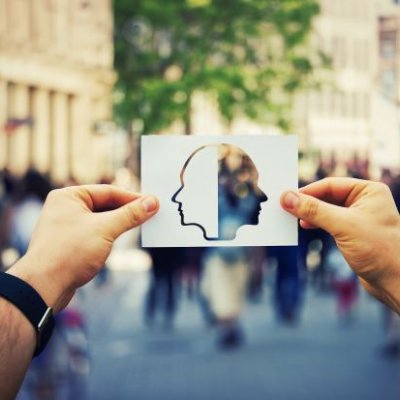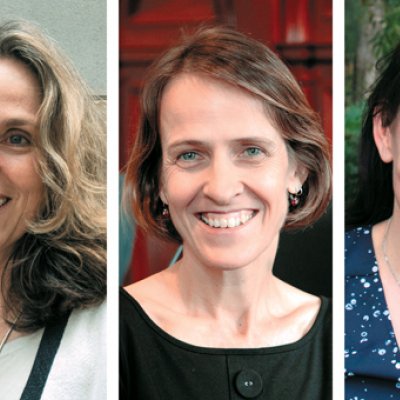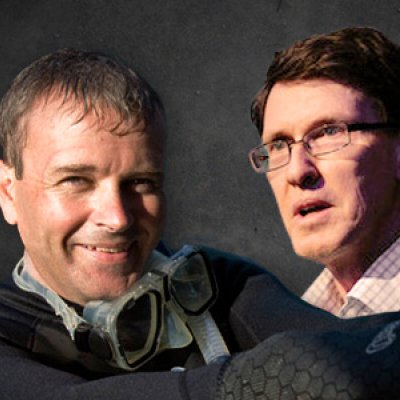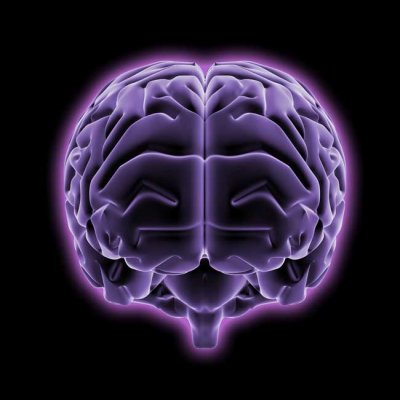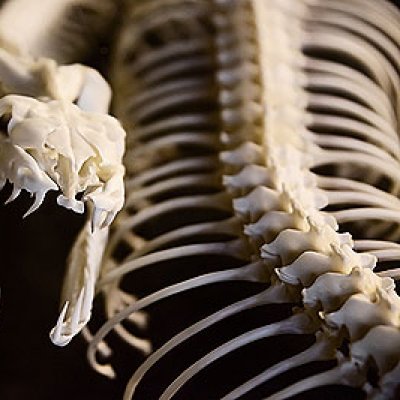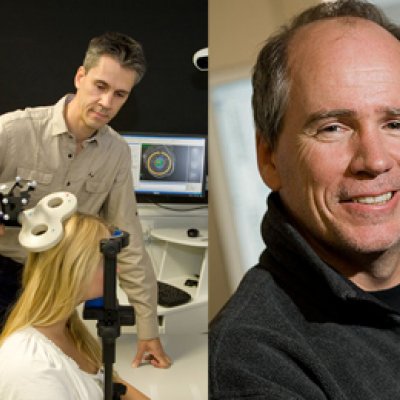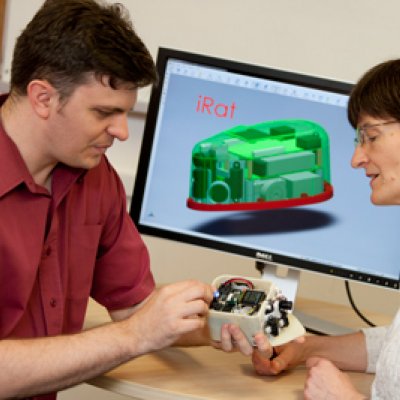If you’ve ever wondered whether changing your mind is the best decision, then you should be reassured that your chances of success are better if you do, according to University of Queensland research.
30 May 2022Important research projects addressing challenges from skin cancer to traffic injuries at The University of Queensland have been awarded more than $50 million from the Australian Government.
16 September 2021Three University of Queensland professors have been appointed to the Australian Research Council College of Experts for 2017.
25 November 2016Queensland researchers have identified a domino effect from a brain stimulation technique used to treat psychiatric disorders such as clinical depression.
7 September 2016Researchers from The University of Queensland have shown for the first time that “brain training” for specific tasks can also improve broader brain performance, in findings with major implications for ageing brains.
6 September 2016Two University of Queensland researchers have been announced as Laureate Fellows under the Australian Research Council’s most prestigious research grants scheme.
22 August 2014Researchers at The University of Queensland have made a key step that could eventually offer hope for stroke survivors and other people with brain damage.
6 June 2014Bad experiences enhance memory formation about places, scientists at The University of Queensland have found.
25 September 2013University of Queensland (UQ) researchers have found human brains ‘divide and conquer’ when people learn to navigate around new environments.
18 July 2013People with a curious condition that causes them to apply make-up on only one side of their face, or ignore food on half of their plate, are playing a new role in understanding stroke recovery.
21 May 2012Professor Jason Mattingley, Foundation Chair in Cognitive Neuroscience at The University of Queensland, released his findings into ‘brain waves’ at the Australian Neuroscience Society’s (ANS) annual conference last week.
7 February 2012Want to know why sports fans get so worked up when they think the referee has wrongly called their teams’ pass forward, their player offside, or their serve as a fault?
1 February 2012The University of Queensland has been awarded three prestigious Australian Research Council Australia Laureate Fellowships announced today by Federal Science Minister Kim Carr.
10 August 2011Do you navigate well or lose your way easily and never understand why?
14 November 2010If you have ever lost your sense of direction in an unfamiliar place, then researchers at the Queensland Brain Institute may be able to help.
29 September 2010Researchers at UQ’s Queensland Brain Institute (QBI) have discovered an important new link between how we see an action – and the way our mind processes that visual stimulation.
12 November 2008Queensland’s Minister for Education and Training, the Hon Mr Rod Welford will officially open the state finals of the Australian Brain Bee Challenge at The University of Queensland on Tuesday, June 24.
20 June 2008A young woman – who is by every other measure healthy and intelligent but struggles to recognise new faces – has presented Queensland Brain Institute (QBI) scientists with fascinating new insights into learning and memory.
23 July 2007A University of Queensland scientist at the Queensland Brain Institute has uncovered evidence that could help to explain why some stroke patients have trouble maintaining a stable image of their visual world when they make eye movements.
6 June 2007UQ scientists will use a $3.3 million grant to build a new generation of robots that can learn about their physical spaces based on animal navigation skills.
26 July 2006